Where is the Love: Do Reformed Christians Really Love Israel?
Reflecting on Israel at its seventieth anniversary, I wonder why Reformed Christians, or Calvinists as they are sometimes called, are more reluctant and timid about their views on Israel.
Daniel StrandMay 17, 2018
What Should Christians Think about Israel’s Seventieth Birthday?
Few would have estimated 70 years ago, let alone one thousand, that this week would arrive. On Monday, May 14, Israel celebrated the seventieth anniversary of becoming a nation. In light of this remarkable and unlikely reality, Christians are faced with the task of celebrating and interpreting this event against the backdrop of the last 70 years.
Gerald McDermottMay 15, 2018
What about Amillennialism in Foreign Policy?
If Michael Doran and Walter Russel Mead insist that Christian eschatology is relevant to American foreign policy, it makes sense to at least mention and analyze amillennialism and preterism.
Mark MeltonMay 7, 2018
Religious Left Misdiagnoses Crisis of Evangelicalism
The long history of Christian reflection does not share Mark Labberton’s confidence that “God so loved the world” means the rejection of power and worldly politics.
Daniel StrandMay 1, 2018
The Delightful Heresy of Jacksonianism
Christians should remember this: any political theology that treats its own people as a divinely chosen political community treads on heretical soil.
Daniel StrandApril 25, 2018
Jacksonians, Progressives & American Foreign Policy’s Anti-Theology
Both the Jacksonian and Progressive persuasions that Michael Doran describes exhibit symptoms of secularized politics. Neither articulates a truly Christian view of politics or foreign policy.
Luke M. PerezApril 24, 2018
The Third Camp: Reinhold Niebuhr’s Theology and American Foreign Policy
From the ashes of both Bryan’s ignoble isolationism and Wilson’s utopian universalism rose the school of Christian realism advocated by Reinhold Niebuhr.
Matt GobushApril 21, 2018
A Hebraic Approach to History: Response to Doran’s “The Theology of Foreign Policy”
Ultimately, why Americans see the world through one theological lens or another has a lot to do with whether they identify more closely with a Hebraic or Hellenic kind of Christianity. Put another way, American Christians view the world differently depending on how much they read the Bible, believe the Bible is divinely inspired, and accept the Bible as authoritative in their lives.
Robert NicholsonApril 20, 2018
Wondrous Chasm between Jacksonianism and Progressivism? Response to Michael Doran’s “The Theology of Foreign Policy” in First Things
While there is enormous merit to Michael Doran’s binary and overall thesis in his First Things essay, there are some complicating factors that obscure the “wondrous chasm” between Jacksonianism and Progressivism.
John D. WilseyApril 19, 2018


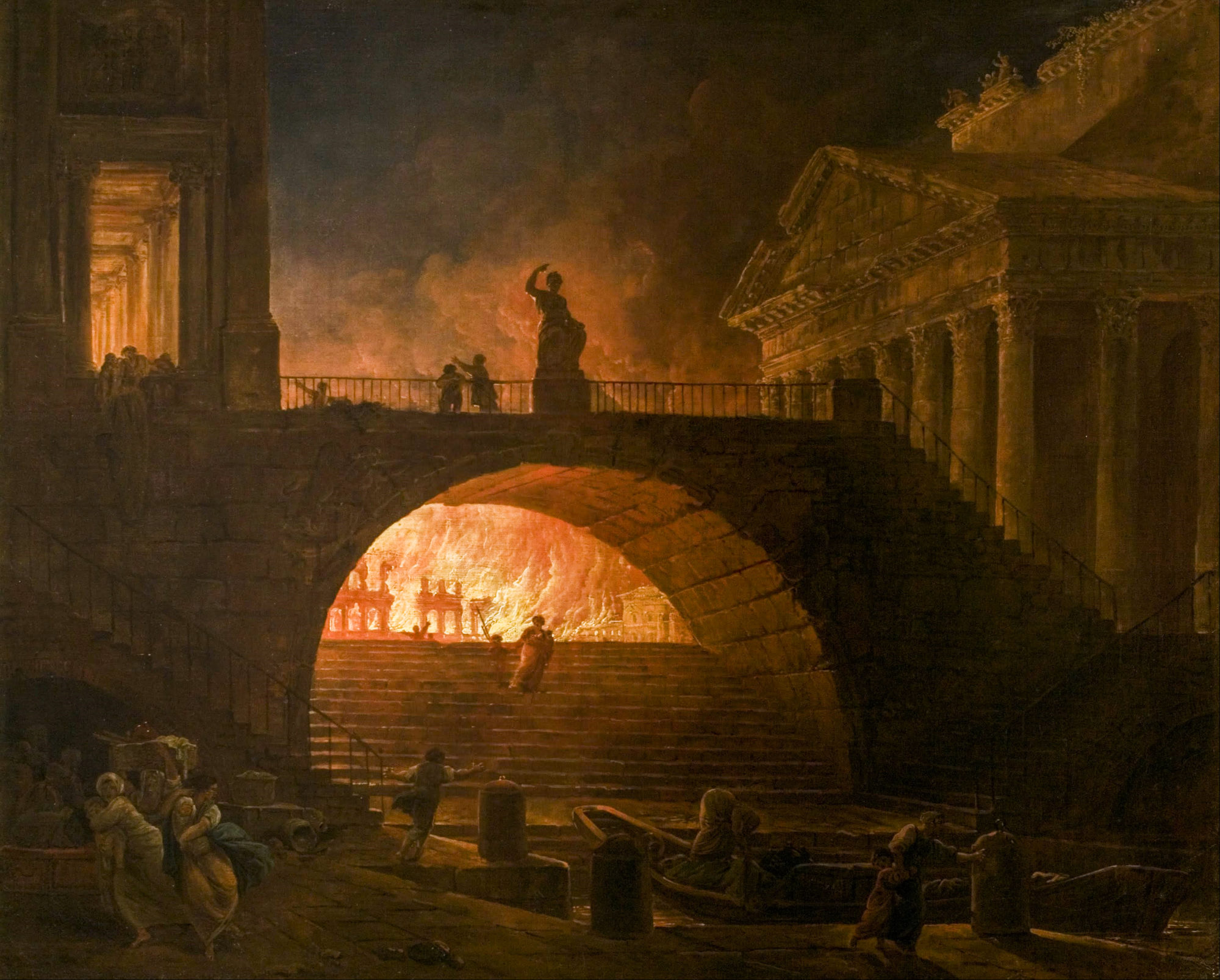


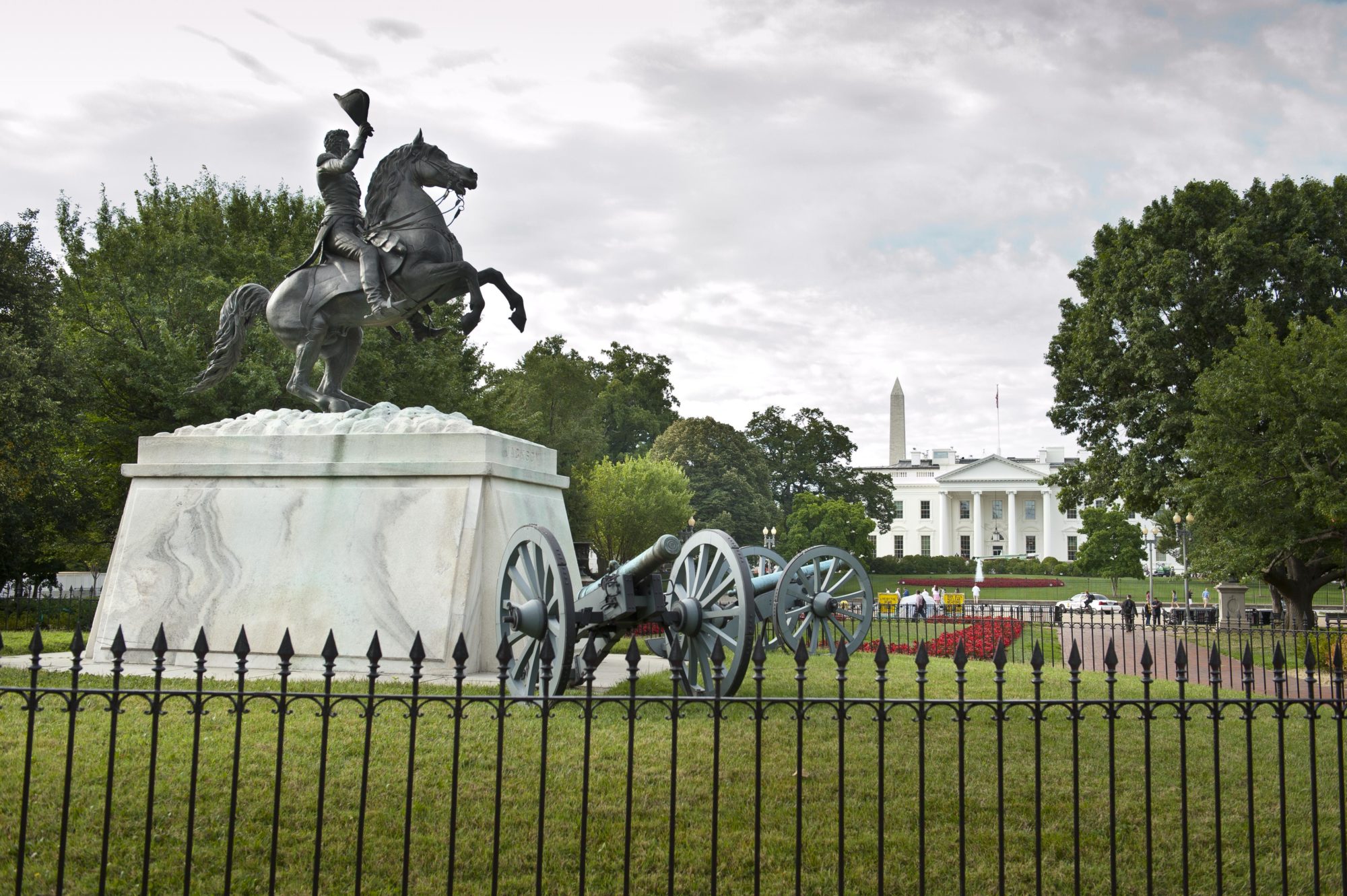
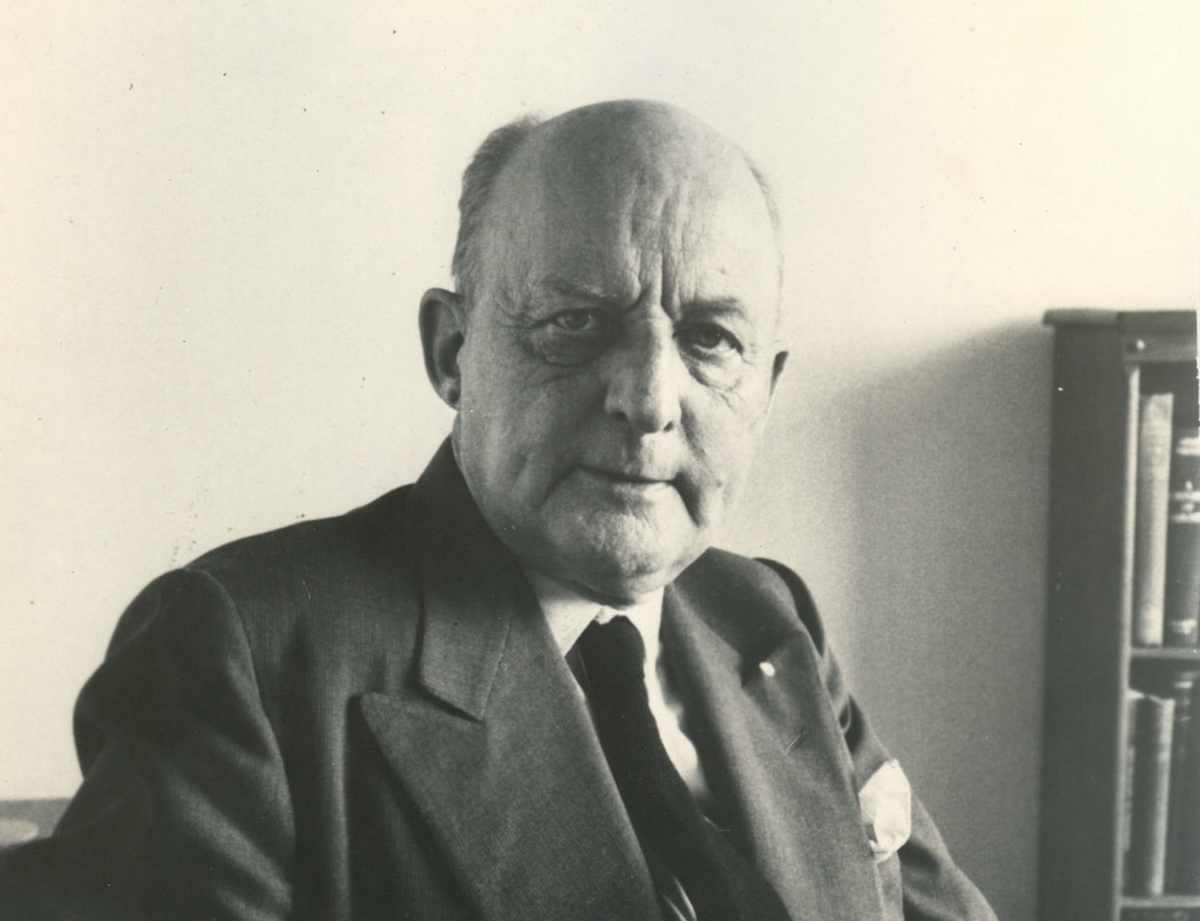
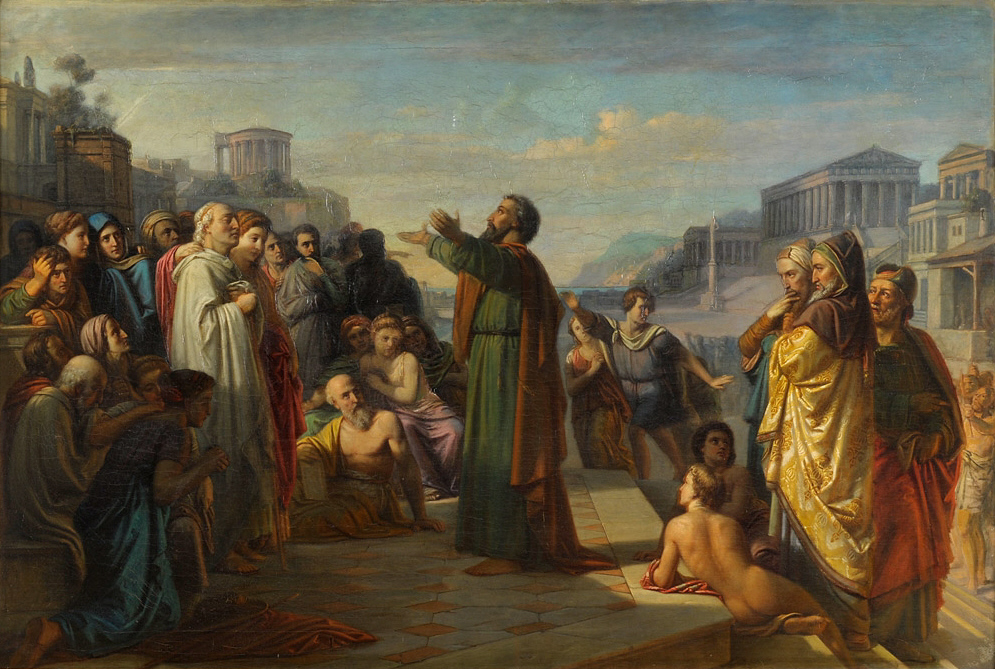
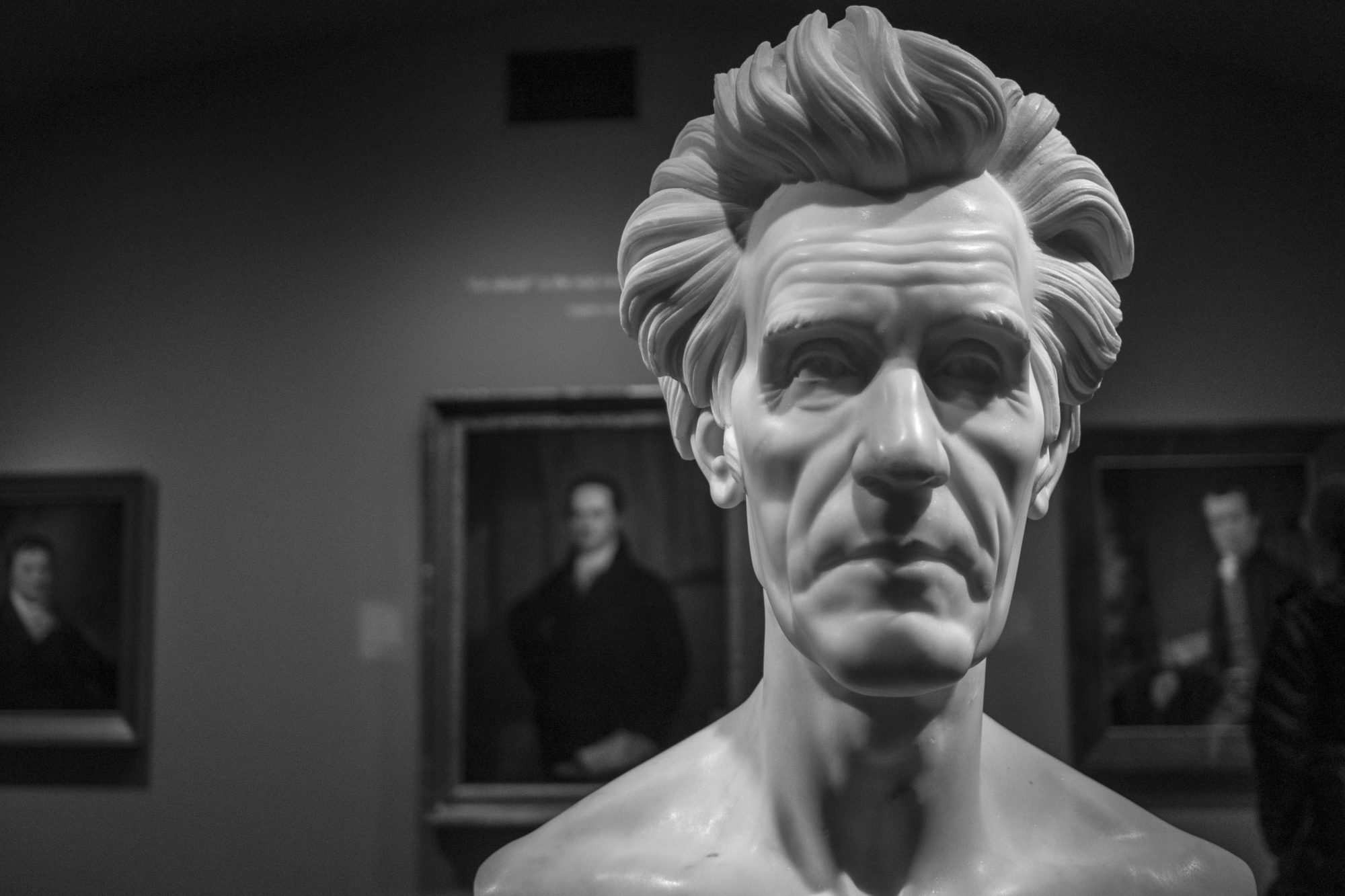

 Sponsor a student for Christianity & National Security 2024
Sponsor a student for Christianity & National Security 2024